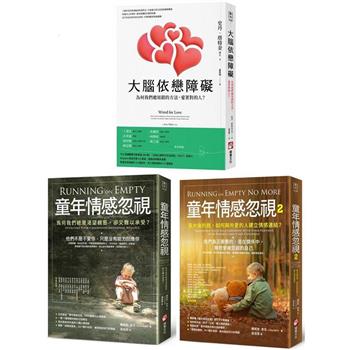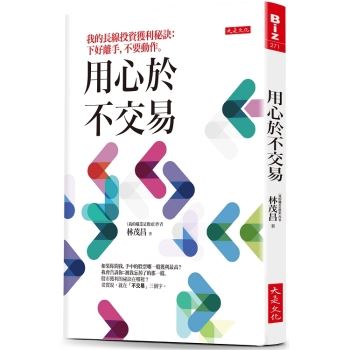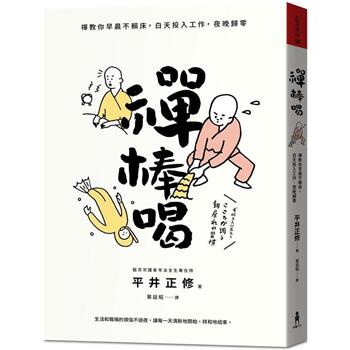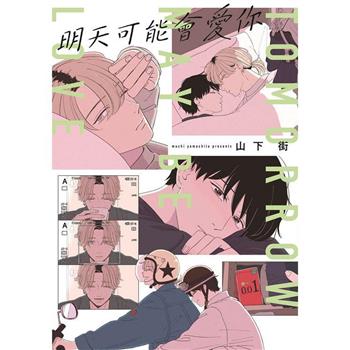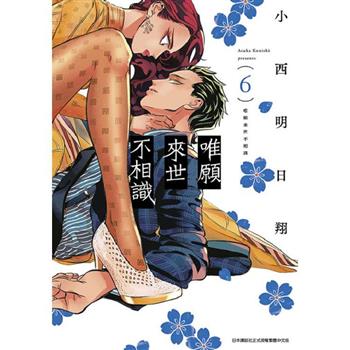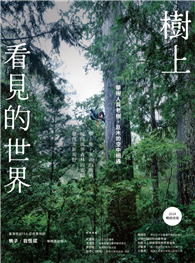| FindBook |
|
有 1 項符合
paul a. bove的圖書 |
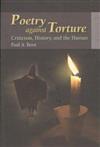 |
$ 537 | Poetry against Torture : Criticism, History, and the Human
作者:Paul A. Bove 出版社:香港大學出版社 出版日期:2009-01-01 語言:繁體書  看圖書介紹 看圖書介紹
|
|
|
""In these lectures, Paul Bové mounts a persuasive and moving defense of historical humanism against the pressures of authoritarian politics and their unwitting allies in academia on both left and right. In our post-9/11 world he reminds us of the ethical responsibility critics owe to history and to the human, and of the power of poetry against torture. A timely meditation for the present on the heritage and significance of criticism."" –Wlad Godzich, professor of General and Comparative Literature, and Critical Studies, University of California, Santa Cruz
""Poetry against Torture is a tour de force of the mind from one of the great critical thinkers of our times. A work of extraordinary erudition, it represents criticism at its most ambitious and most responsible. In its call for a radical return to an understanding of poesis as the fashioning of the human, it makes available anew old resources of intellect and affect in the struggle against the forms of barbarism that seem to rise repeatedly from within bourgeois civilization. It will refresh our understanding of such seminal figures as Vico, Mill, Empson, Foucault, and Said."" – Aamir Mufti, associate professor of Comparative Literature, UCLA, and author of Enlightenment in the Colony: The Jewish Question and the Crisis of Postcolonial Culture
Poetry against Torture sets out the clear conflict between two competing conceptions of society and civilization. Poetry represents one: the fundamental human capacity to make itself and its societies in ways that will produce the most nearly perfect form of the species. Torture represents the other – especially state torture – as that which fears the human capacity to evolve, to create alternative futures for itself, and to assume increasingly capacious and democratic responsibility for the justice and joy of its own being.
Set against the dogmas of state regimes that torture, against the misapplications of technology to the destruction of human subjectivities, and against the use of spiritual traditions to suppress human poesis, this book speaks for poetry as the highest form of human consciousness, self-making, and imaginative possibility. Paul Bové sets out to remind society and intellectuals of the species' dependence upon those historical processes of self-making that result from and make possible such remarkable achievements as Dante's poetry, Bach's music, and the very being of humanity as a historical species that has the right to imagine and create its own futures.
To that end, it discusses poetics, Dante, and the great critic William Empson. It asks how essential is liberalism to human history and treats Mill at length. It asks about the relative importance of philosophy and poetry, and so discusses such contemporaries as Foucault and Said along with traditional figures such as Descartes and Vico. Among poets Wallace Stevens and George Herbert take central places as exemplary teachers.
This is a book for all who abhor that persistently vile potential within modernity that prefers tyranny to democracy and analysis to imagination, who rather seek the reaffirmation of poetry, historicism, and humanity as the best chance for the human species to develop and for individuals to perfect themselves.
作者簡介:
Paul A. Bov�s Distinguished Professor of English at the University of Pittsburgh and editor of boundary 2, an international journal of literature and culture. Bov�s the author of several books on critical theory, intellectuals, and poetry.
- 作者: Paul A. Bove
- 出版社: 香港大學出版社 出版日期:2009-01-01 ISBN/ISSN:9622099270
- 語言:英文 裝訂方式:平裝 頁數:176頁
- 類別: 中文書> 歷史地理
|
